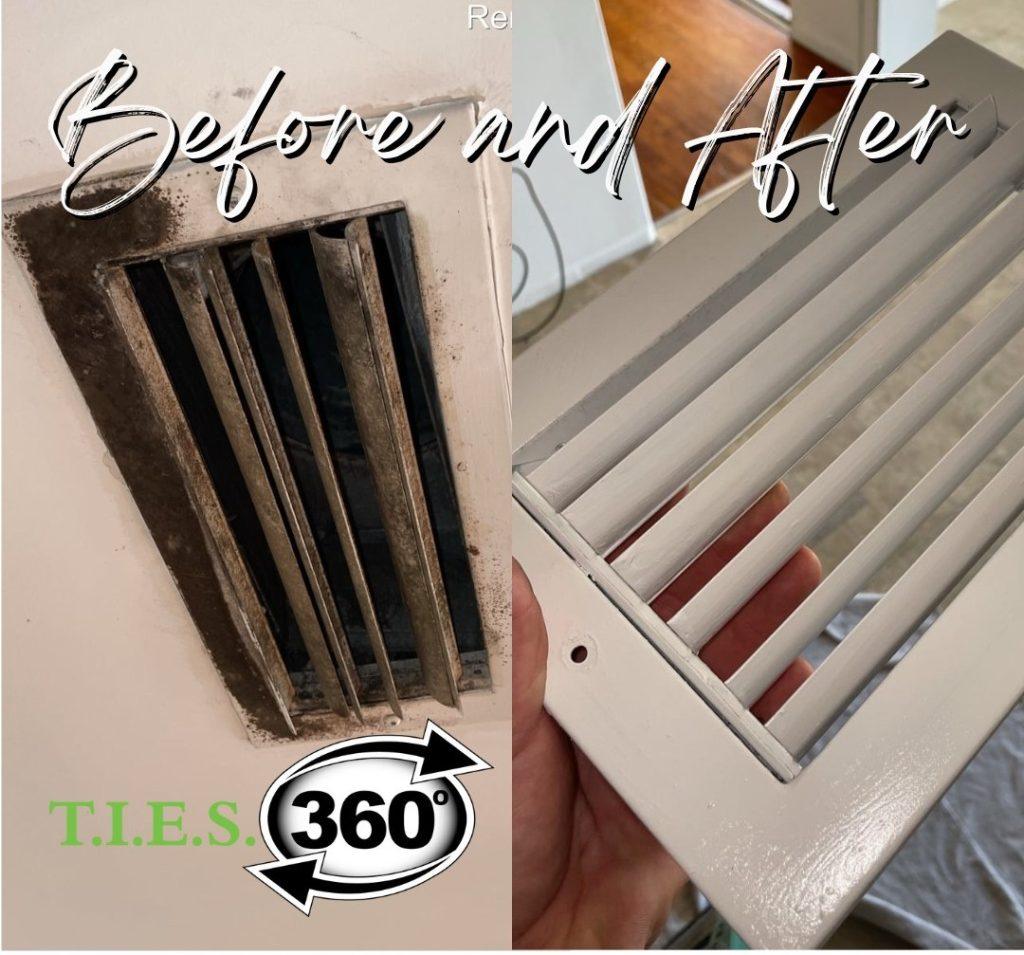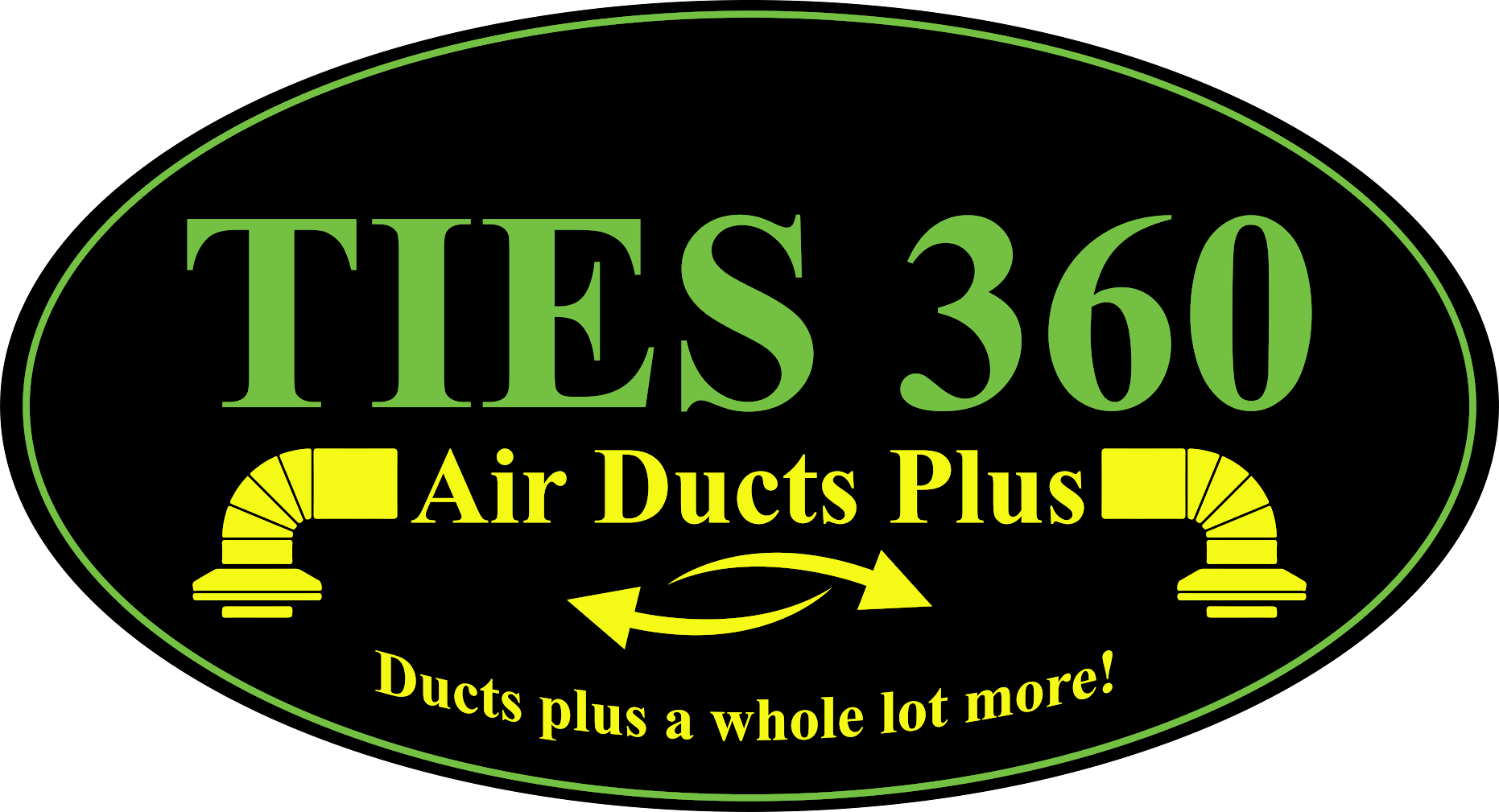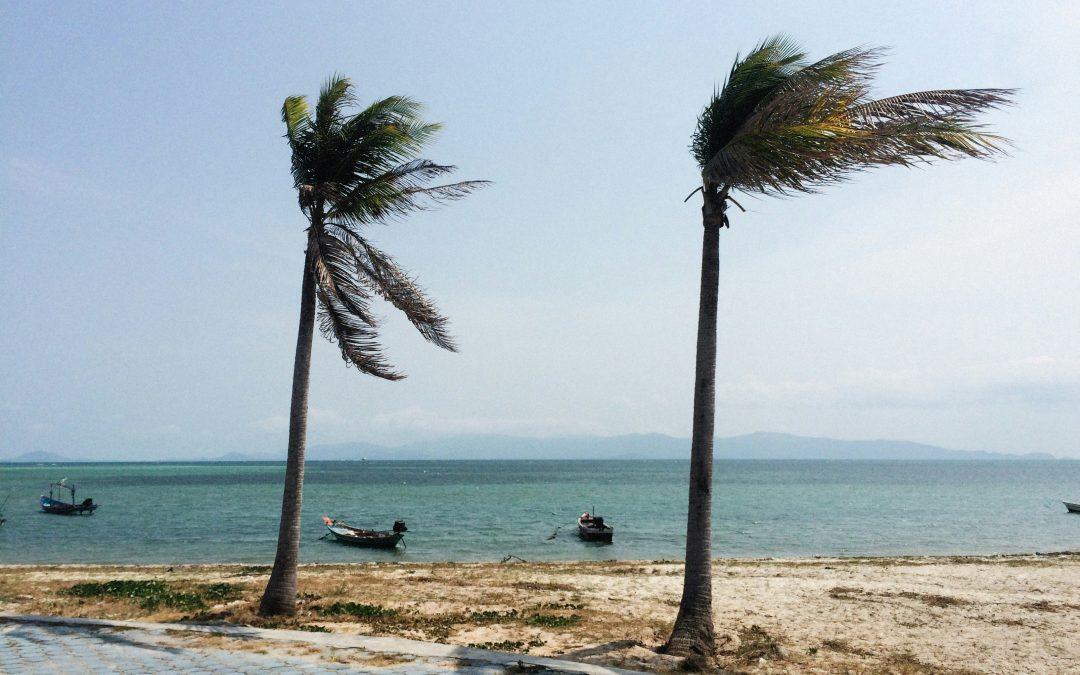Living in Florida means hurricane season isn’t a matter of if, it’s when, and getting your home storm-ready is necessary. From prepping emergency supplies to protecting critical systems like your HVAC unit, being proactive can reduce damage, lower stress, and keep your household safe.
Here’s a straightforward guide to help you prepare for Florida’s hurricane season with confidence.
Understanding the Florida Hurricane Season
Florida’s hurricane season runs from June 1st through November 30. During these months, rising ocean temperatures and shifting weather patterns bring an increased risk of severe storms. As hurricanes continue to grow stronger and more unpredictable, you must try to stay ahead of the season by preparing your home for it.
Hurricanes are classified into five categories based on wind speed. Higher-category storms bring more destructive potential, especially to rooftops, exteriors, and HVAC systems. Understanding these categories helps you gauge the potential severity of incoming storms and determine how much preparation is needed.
How Hurricanes Affect HVAC Systems

HVAC systems face unique risks during storms. High winds and debris can clog or damage outdoor units. Excess moisture can trigger mold growth inside ducts and compromise indoor air quality. These issues aren’t just a comfort concern; they also affect efficiency, air quality, and long-term performance.
How to Maintain Your HVAC System During Hurricane Season
To minimize damage, take the following precautions:
- Clear debris from around your outdoor unit and trim nearby vegetation to promote airflow and reduce the risk of impact.
- Protect the condenser unit with a cover or tarp, but avoid fully enclosing it. Proper airflow is still critical.
- Make sure your drainage is functioning well to limit water buildup around the system.
- Schedule a seasonal inspection with a licensed HVAC technician like Ties360 to ensure your system is in good shape before a storm hits.
- After the storm passes, inspect the unit for visible damage and debris. If anything seems off, contact a professional before restarting the system.
Smart Tip: Get your air ducts assessed and cleaned by licensed air duct professionals as soon as possible to stay ahead of hurricane season. Ties360 offers thorough air duct inspection and cleaning to Florida residents to prepare their homes for hurricane season.
How to Prepare for Florida Hurricane Season – Smart Tips
Here are some steps to follow to prepare for hurricane season to prevent loss of life, property, and any injuries.
Create a Personalized Emergency Plan
Start with a clear family communication and evacuation plan. Know your local evacuation routes and where nearby shelters are located. Keep a list of emergency contacts and make sure each household member understands the plan. Preparation helps reduce chaos when a storm is approaching.
Stock Up On Emergency Supplies
Build a supply kit that can sustain your household for at least 72 hours. Essentials include:
- Non-perishable food and bottled water
- Flashlights and extra batteries
- A battery-powered radio
- First aid supplies and medications
- Important documents in a waterproof container
- A portable phone charger or power bank
Also consider a backup power source like a portable generator, especially useful for keeping your HVAC unit or refrigerator running during extended outages.
Secure Windows, Doors, and Garage
Reinforce windows with storm shutters or plywood. Strong winds can cause serious damage through shattered glass and flying debris. Don’t forget the garage door; if it fails, it can compromise the entire structure of your home. Reinforcement kits are available to help strengthen this vulnerable area.
Inspect the Roof and Clean Gutters
Loose or damaged shingles can quickly become projectiles. Make sure you repair minor roof issues ahead of time to avoid major post-storm repairs. Keep gutters clear to ensure proper water flow and reduce the risk of water damage.
Tidy Up Your Lawn and Landscaping
Trim overgrown trees and remove dead branches. Secure outdoor furniture, tools, and lawn decorations to prevent them from becoming dangerous in high winds. Even small objects can cause big damage when airborne.
Stay Informed with Reliable Tools
Use trusted weather apps to track storms and receive real-time alerts. NOAA Weather Radio, FEMA’s app, and local news apps keep you connected before, during, and after the storm. Staying updated helps you make timely decisions, especially when it comes to evacuation orders or generator use.
Post-Hurricane Safety and Recovery
As soon as it’s safe, walk through your property to assess damage. Pay attention to the roof, siding, and windows, and check for signs of water intrusion or mold, especially around your air ducts. Take clear photos of any damage. This documentation will be important for insurance claims.
Local and federal organizations can help. FEMA, the Red Cross, and community centers often provide aid, supplies, and shelter. Stay connected with neighbors and offer or accept support as needed.
Keep Air Ducts Clean
Debris, dust, and even moisture can get trapped in your air ducts after a hurricane, and this can lead to higher energy bills and even bad indoor air quality over time. To keep your family healthy, schedule a routine air duct cleaning service from NADCA-certified experts like Ties360. These professionals will perform a thorough inspection of your vents and schedule a cleaning or dehumidification procedure, depending on what’s best. This way, you can avoid any post-hurricane impact on your air ducts and overall HVAC system.
FAQs
When does hurricane season start and end in Florida?
Florida’s hurricane season starts on June 1 and ends on November 30. These months typically see heightened storm activity due to rising ocean temperatures and changing weather patterns.
What should I include in a hurricane emergency kit?
An emergency kit should contain non-perishable food, bottled water, flashlights, extra batteries, a battery-powered radio, first aid supplies, and important documents in a waterproof container. A portable phone charger and backup power source are also highly recommended.
How can I protect my home’s HVAC system during a hurricane?
To protect your HVAC system, schedule a thorough HVAC cleaning service from air duct cleaning professionals like Ties360. You can also clear debris around the unit, use a cover or tarp for the condenser, and ensure proper drainage. Conduct a pre-season inspection with a licensed technician to check for vulnerabilities.
Wrapping Up
In Florida, hurricane readiness is a huge part of responsible homeownership. Start with a strong emergency plan, prep your home inside and out, and ensure your HVAC system is protected from moisture and damage. The goal is to reduce risk while increasing comfort and safety for you and your family.
Need expert help inspecting or preparing your HVAC system for the hurricane season? Contact us today before the next storm happens. A little planning now can make a big difference when it matters most.

